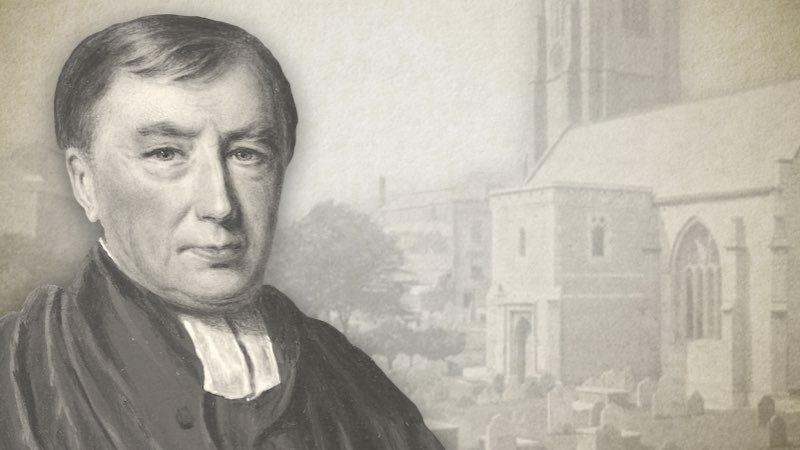
June 8—Morning Devotion
“A red heifer without spot, wherein is no blemish, and upon which never came yoke. And ye shall give her unto Eleazar the priest, that he may bring her forth without the camp, and one shall slay her before his face.”—Numbers 19:9, 3
I remember well it is said of our Lord Jesus, that, in order to sanctify the people with his own blood, he suffered without the gate. But though I clearly apprehend that the law, with all its sacrifices, was but a shadow of good things to come, and the body was Christ, yet, had not the Holy Ghost been graciously pleased to illustrate and explain, by other scriptures somewhat either direct, or by allusion, in reference to Jesus, I should have overlooked how, in many striking points, Jesus is here set forth in this type. Surely, Lord, thy spotless purity was beautifully represented in the spotless heifer here appointed for sacrifice. And the very rare colour of a red heifer plainly testified the singularity of thy sacrifice. Adam himself was so called, as a token of the red earth from whence he was taken. And when Jesus, as the Son of man, came to do away all the effects of Adam’s sin and transgression, he manifested, by the redness of his apparel, and the blood sprinkled upon his garments, the gracious purposes which all implied. But I do not recollect, in any other type of my Redeemer, a particularity which pointed to the freeness of thy voluntary sacrifice, Oh thou Lamb of God! as the one here represented, in that this heifer was to be one upon which had never come yoke: nothing, Lord, but thine own free, sovereign love, and at the call of God thy Father, prompted thine infinite mind to be the willing sacrifice for poor sinners. There was no yoke, no obligation, nothing to compel thee. Lo, I come, was thy gracious voice, when neither sacrifice nor offering could ransom thy people. Oh Lord! let the sense of thy freeness in salvation comfort my soul under all heart straitenings in myself; and the consciousness that there was no yoke upon thee, Lord, but thine own everlasting love, be the sweet constraining yoke on my soul, to bind me to thy love and to thy service for ever.
Robert Hawker (1753-1827) was an Anglican (High-Calvinist) preacher who served as Vicar of Charles Church, Plymouth. John Hazelton wrote of him:
“The prominent features…in Robert Hawker's testimony…was the Person of Christ….Dr. Hawker delighted to speak of his Lord as "My most glorious Christ.” What anxious heart but finds at times in the perusal of the doctor's writings a measure of relief, a softening, and a mellowing? an almost imperceptible yet secret and constraining power in leading out of self and off from the misery and bondage of the flesh into a contemplation of the Person and preciousness of Christ as "the chiefest among ten thousand and the altogether lovely." Christ and Him crucified was emphatically the burden of his song and the keynote of his ministry. He preached his last sermon in Charles Church on March 18th, 1827, and on April 6th he died, after being six years curate and forty-three years vicar of the parish. On the last day of his life he repeated a part of Ephesians 1, from the 6th to the 12th verses, and as he proceeded he enlarged on the verses, but dwelt more fully on these words: "To the praise of His glory Who first trusted in Christ." He paused and asked, "Who first trusted in Christ?" And then made this answer: "It was God the Father Who first trusted in Christ."
Robert Hawker on the Biblical Covenants (Complete)
Robert Hawker's Poor Man's Morning Portions




